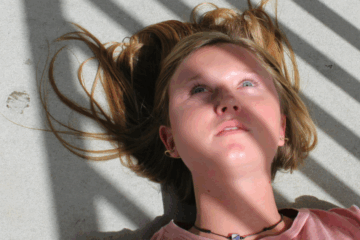TAKEN
I’ve recently been reading folk songs,
about the exploits of the klephts and wars,
our own, engaging Greek affairs.
‘They’ve taken the City, taken it; they’ve taken Saloniki’.
And the Voice that both of them were hymning there.
‘to the left, the emperor, the patriarch to the right’,
was heard telling them to stop:
‘Put down your papers, priests, and close the Gospel books’
they’ve taken the City, taken it; they’ve taken Saloniki.
But of the others, the one that touched me most
is the Trapezuntine air, with its strange language,
and the sorrow of those far-off Greeks
who perhaps all believed that we’d yet be saved.
But, alas, a fateful bird ‘comes from the city’
with a paper under its wing.
Landing neither in the vineyard nor the orchard
it went and alighted at the roots of the cypress tree.
The hierarchs can’t (or won’t) read it.
‘The widow’s son, Yannikas’, takes the paper
and reads it out and laments
‘Let it be known, let it be moaned, let your heart be broken.
Woe to us, alas for us: Romania has been taken’.
This is one of Cavafy’s ‘hidden poems’. He was a magnificent poet, from Alexandria, and much of his work centers on Greek history, from the time of Alexander the Great onwards. He distinguishes between ‘Hellenes’ and ‘Greeks, preferring ‘Hellene’ for the sophisticates of the Hellenistic Age (roughly 323 to 31 B.C.) and ‘Greek’ as a more all-embracing term for members of the nation at other times. In this poem, he uses ‘Greek’. The reference to the cypress is telling, because in Greece, this tree is associated with cemeteries. The second part of the poem contains excerpts in the Pontic dialect, from the Black Sea region of which Trebizond was the capital. The name ‘Yannikas’ is a typical diminutive in this dialect, meaning ‘Johnny’. It is interesting that Cavafy’s ends on a gloomy note. In the original Pontic poem the last lines are the famous verse ‘Romania has not died: it thrives and will bear again’. ‘Romania’ is the Empire of New Rome, often known now as ‘Byzantium’ [WJL].
Source: pemptousia.com




0 Comments